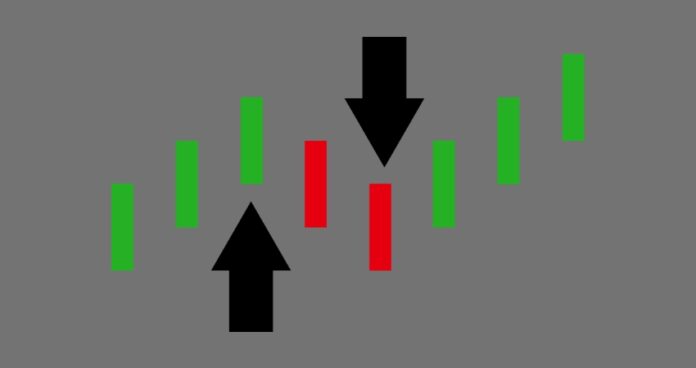January 2024 remained a volatile month for the Pakistan Stock Exchange (PSX) as the benchmark KSE-100 index declined by 0.76% month-on-month, closing at 61,979 points.
Despite improving macro indicators, political uncertainty and significant foreign selling weighed down the market, AKD Research said in its note.
The initial disturbances stemmed from escalating tensions between Pakistan and Iran, exacerbated by a cross-border attack. However, the situation stabilised with the return of ambassadors the following week.
Following this, the court’s decision on the Cipher and Tosha-khana cases of 10 years and 14 years imprisonment for Ex-PM Imran Khan, further dampened investor confidence, read the note.
Additionally, SBP maintained a cautious stance, keeping interest rates unchanged at 22% during the MPC meeting. This coupled with the lingering impact of political and geo-political shocks, led to a substantial reduction in average traded volumes – a notable drop to 672 million shares from the previous month’s 1,298 million shares.
According to the State Bank of Pakistan (SBP), the country recorded a current account surplus of $1.1 billion in the first half of the fiscal year 2023-24, and the foreign exchange reserves increased to US$23.4 billion by the end of December 2023.
The International Monetary Fund (IMF) expressed its satisfaction with Pakistan’s economic performance in its second review of the Extended Fund Facility program.
However, inflation remained high, with the Consumer Price Index (CPI) reaching 29.7% in December 2023 and recorded at 28.3% for January 2024. This put pressure on the monetary policy and the exchange rate, which depreciated by 2.3% against the US dollar in January 2024.
The brokerage firm said that foreign investors were the main sellers in the market, with a net outflow of $37.2 million in January 2024, wiping out more than half of the net inflow of US$71 million in the first half of the fiscal year.
On the other hand, insurance companies were the major buyers, with a net inflow of US$28.9 million in January 2024.
Sector-wise, automobile parts and transport sectors outperformed the market, with monthly returns of 18.6% and 16.9%, respectively. These sectors benefited from the rising demand for vehicles and the government’s infrastructure projects.
On the contrary, refinery, glass & ceramics, and technology sectors underperformed the market, with monthly declines of 13.0%, 10.9%, and 9.9%, respectively. These sectors faced challenges such as low refining margins, high energy costs, and regulatory issues.
The research firm concluded that, overall, the market analysts remained optimistic about the prospects of the banks, exploration & production, and oil marketing companies sectors, citing their potential for earnings growth and attractive dividend yields.




